- Before viral dances and trending sounds, before streaming platforms and TikTok stars with millions of followers, there was a different kind of spotlight.
- TPF wasn’t just a show. It was an era. And for many, it was the first time they truly believed that their voice mattered.
Before viral dances and trending sounds, before streaming platforms and TikTok stars with millions of followers, there was a different kind of spotlight.
A time when East African families gathered every Sunday night around the TV — not for Netflix, not for YouTube — but for one unforgettable phenomenon: Tusker Project Fame
For many Kenyans, the phrase "Tusker Project Fame” (TPF), brings back a flood of memories of not only iconic performances, dramatic evictions, standing ovations, but also an era when talent met tradition, and ambition met opportunity — all on live television.
It was more than just a singing competition. For a few golden years in the mid-2000s to early 2010s, TPF was a cultural movement.
Launched in 2006, TPF was East Africa’s bold answer to shows like American Idol and Popstars, but with a regional heartbeat and cultural identity all its own.
Read More
Hosted in Nairobi and broadcast across Kenya, Uganda, Tanzania, Rwanda, and beyond, it brought together contestants from across the region into one Academy where they lived, trained, and competed for a recording deal and fame.
Every Sunday, households tuned in for the live show. The intro music alone was enough to raise heartbeats.
Whether it was Ruth Matete singing with raw power, Hemedi from Tanzania charming audiences with his stage presence, or Ng’ang’alito getting roasted (but loved) — the show offered drama, talent, and unforgettable moments in equal measure.
And who could forget the judges? Ian Mbugua’s brutally honest critiques became legendary. Any hopeful contestant who made it past Ian’s razor-sharp commentary knew they had something. To survive his critiques was to earn real respect.
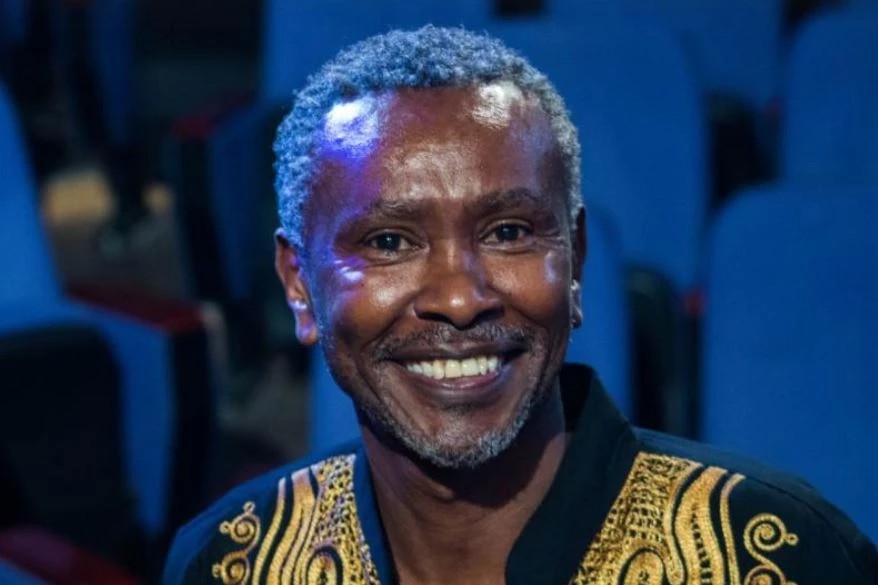
But more than the drama and the showbiz,TPF did something truly special: it made people believe. In a time before social media fame was an option, it also proved that talent from East Africa could be nurtured and broadcast to the world.
The program did something few shows manage to do: it created real stars. Names like Valerie Kimani went on to enjoy successful music careers. The platform gave visibility to artists in a region where talent often went unnoticed.
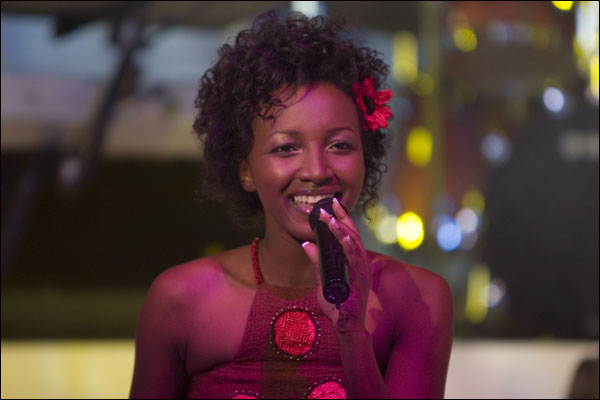
But perhaps its greatest impact was psychological. TPF made it okay to dream — especially for young creatives who had been told that music wasn’t a “real” career.
It showed that talent could be nurtured, applauded, and even televised. It inspired a generation of singers, producers, and performers to believe they, too, could make it.
Now, fast-forward to today — the age of TikTok, reels, and digital stardom. Anyone can go viral with just a smartphone and a spark of creativity.Young artists are writing their own rules, building fanbases from scratch, and going global from their bedrooms.
Yet in many ways, this era of self-made creators stands on the shoulders of TPF. The Academy may be gone, but the spirit lives on. The idea that talent from this region matters, that it can be seen and celebrated — that was TPF’s gift.
And it still echoes through every cover song on TikTok, every bedroom freestyle, every “duet” video from a new voice hoping to be heard.
So this Thursday, we look back with a smile — at the red carpet stage, the Sunday night anticipation, the live band intros, and the millions who voted passionately for their favorite contestant.
We remember the heartbreak of eviction nights, the joy of standing ovations, and that iconic theme song that still rings in our ears.
TPF wasn’t just a show. It was an era. And for many, it was the first time they truly believed that their voice mattered.


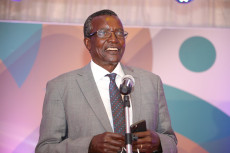
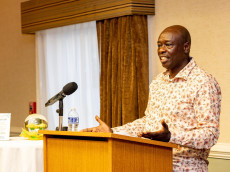
 model that prior (1)(1)-1756211308-md.jpg)
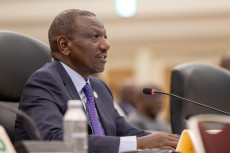
 model that prior (6)-1756276162-md.png)
 model that prior (5)-1756275935-md.jpg)


 model that prior (1)(1)-1756211308-sm.jpg)

 model that prior (6)-1756276162-sm.png)